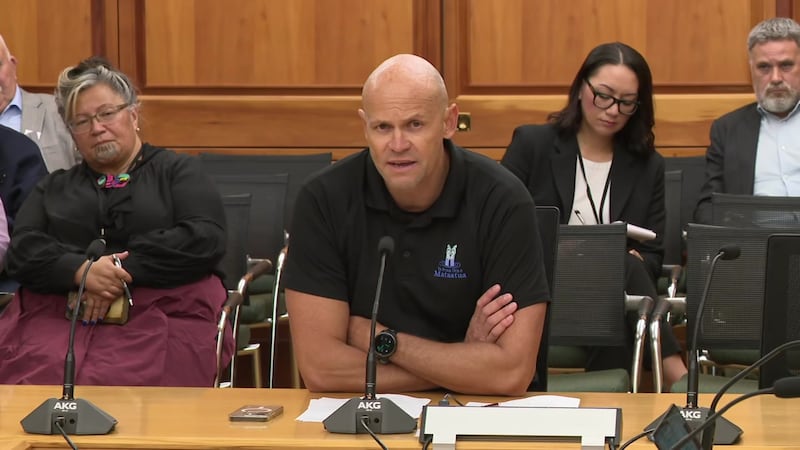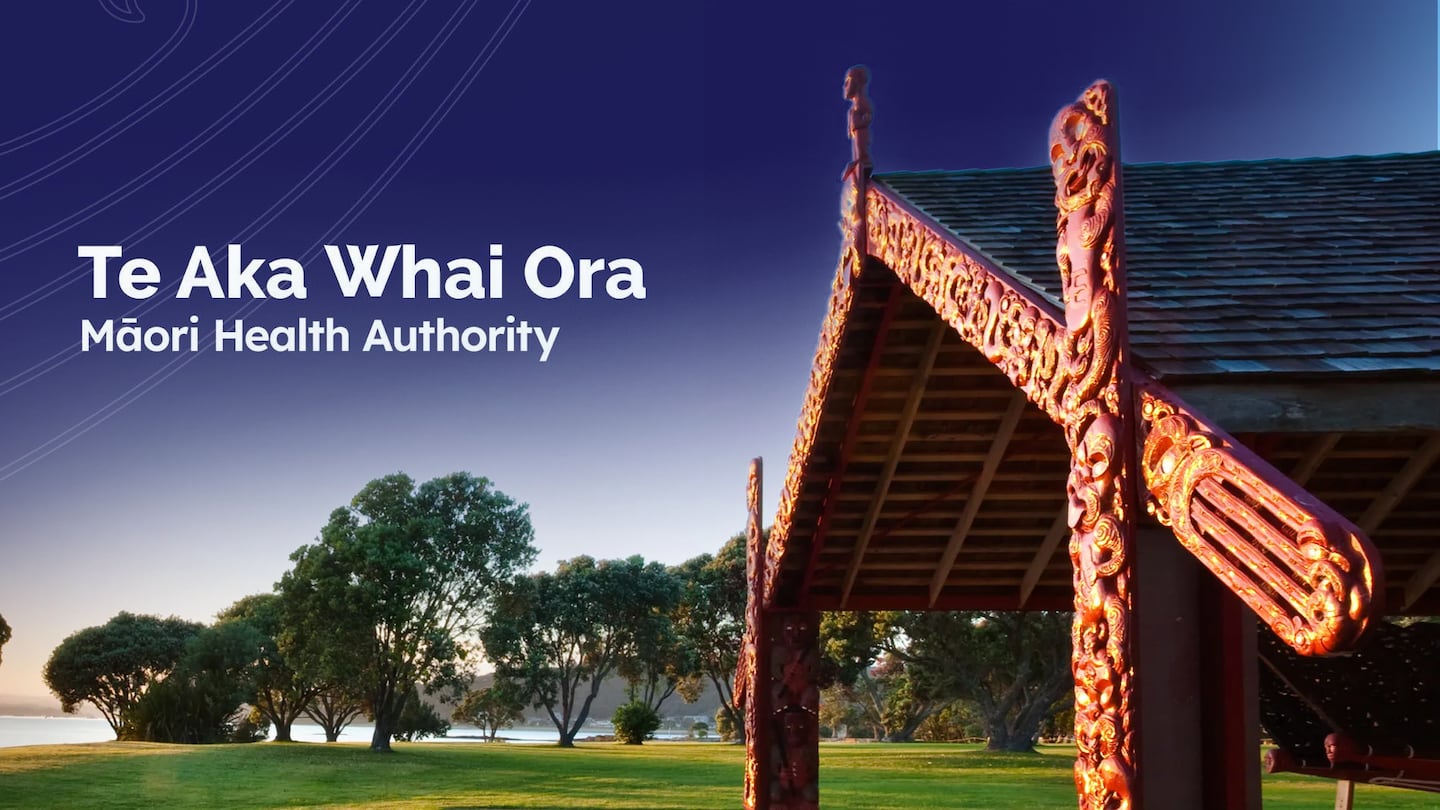Whether the disestablishment of Te Aka Whai Ora was in breach of the rights of Māori under the New Zealand Bill of Rights Act 1990 and Te Tiriti o Waitangi will be tested in the High Court in Wellington next week.
The Māori Health Authority was established in July 2022 by the then Labour government, as part of sweeping health sector reforms. Alongside Te Whatu Ora – Health New Zealand, it was designed to create a dual system and give Māori greater rangatiratanga over their health services, embedding accountability to Te Tiriti within the health system.
However, the National Party campaigned on getting rid of Te Aka Whai Ora. Health Minister at the time, Dr Shane Reti, officially disestablished it in February 2024. He argued “local circumstances require local solutions rather than national bureaucracies.”
The decision was met with significant backlash from the sector. A Waitangi Tribunal urgent claim was filed, and a hearing was held in early 2024.
Later that year, the Tribunal released its findings, concluding that “the Crown had breached the Treaty” and recommending the reconsideration of an independent Māori health authority.
From the Tribunal to the High CourtTe Kōhao Health, Te Puna Ora o Mataatua, Papakura Marae, and Ngāti Hine Health Trust, who are taking the case, argue the government failed to properly consult with Māori before disestablishing the authority and did not present a plan to address long-standing inequities in health outcomes.
Lady Tureiti Moxon of Te Kōhao Health said the establishment of Te Aka Whai Ora was a watershed moment. “It was a historic moment when the establishment of Te Aka Whai Ora occurred, as it was a dedicated government department focused solely on the health of Māori,” she said.
She pointed to stark inequities that remain entrenched in the health system.“The inequities Māori face are staggering. We have the highest rate of lung cancer in the world, we experience double the likelihood of dying from preventable diseases, and face discrimination at every level of healthcare. Māori are the least likely to be referred for diagnostic tests, and our health outcomes remain the poorest of any ethnic group.”
“The new government department recognised the urgent need to address these disparities, to uphold Te Tiriti o Waitangi in every decision, and to ensure Māori health is prioritised,” she said.

One of the applicants, Dr Chris Tooley of Te Puna Ora, says the case is about testing the courts’ role in defining how Te Tiriti is given effect.“The Waitangi Tribunal can only make recommendations, it is up to the Crown to decide whether to act on them. That’s why this case is so important. The courts don’t just interpret the law; they shape how it is applied.”
He said the case could expand the way Te Tiriti is recognised in New Zealand’s legal system.“By recognising Te Tiriti o Waitangi and the human rights of Māori, this case has the potential to broaden its interpretation, giving it greater depth and influence in Aotearoa’s legal framework,” Tooley added.
The case is set down in the High Court in Wellington from Monday to Friday.




